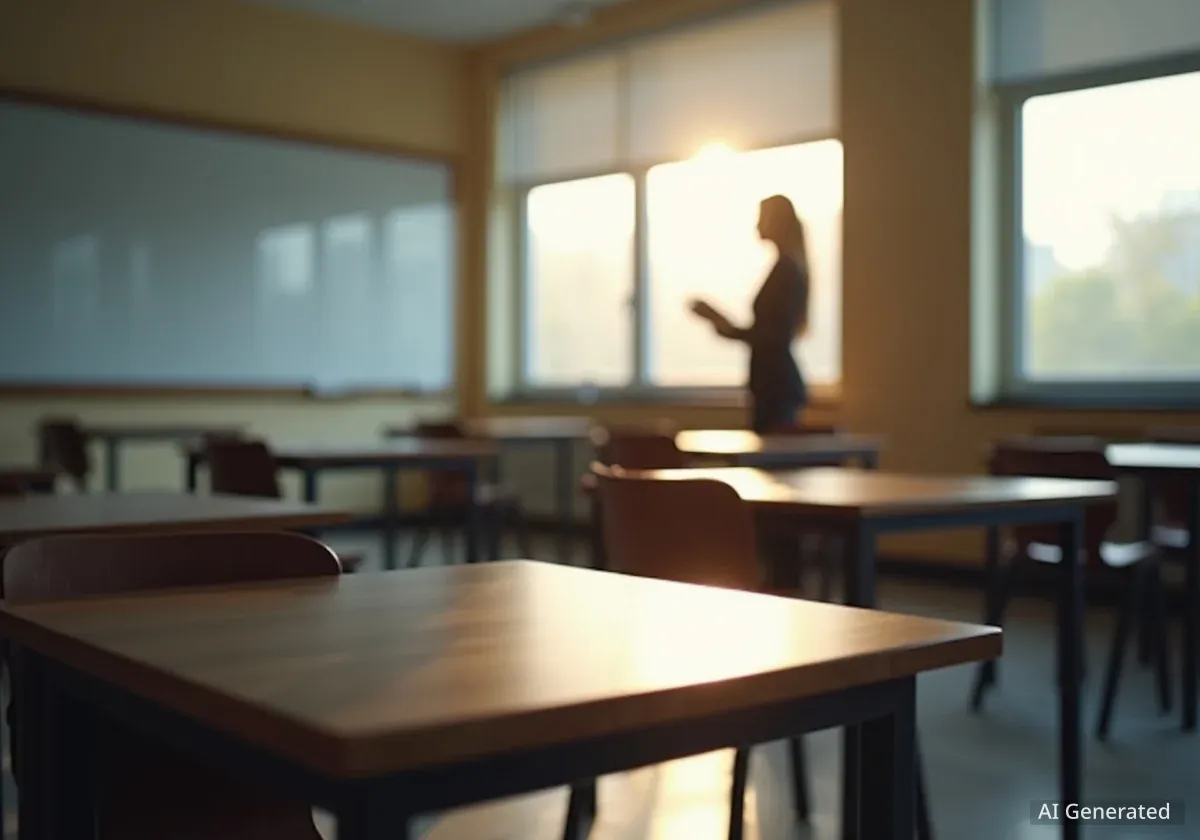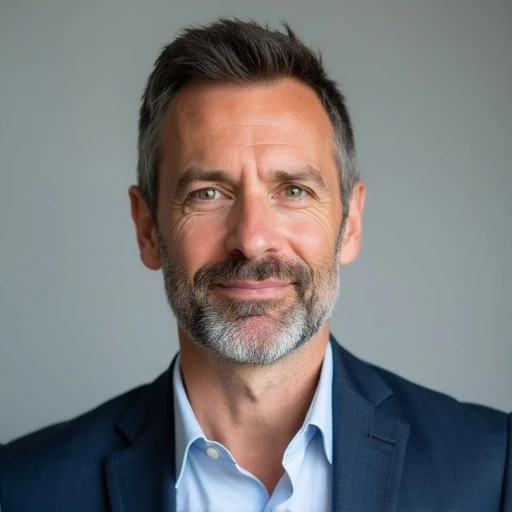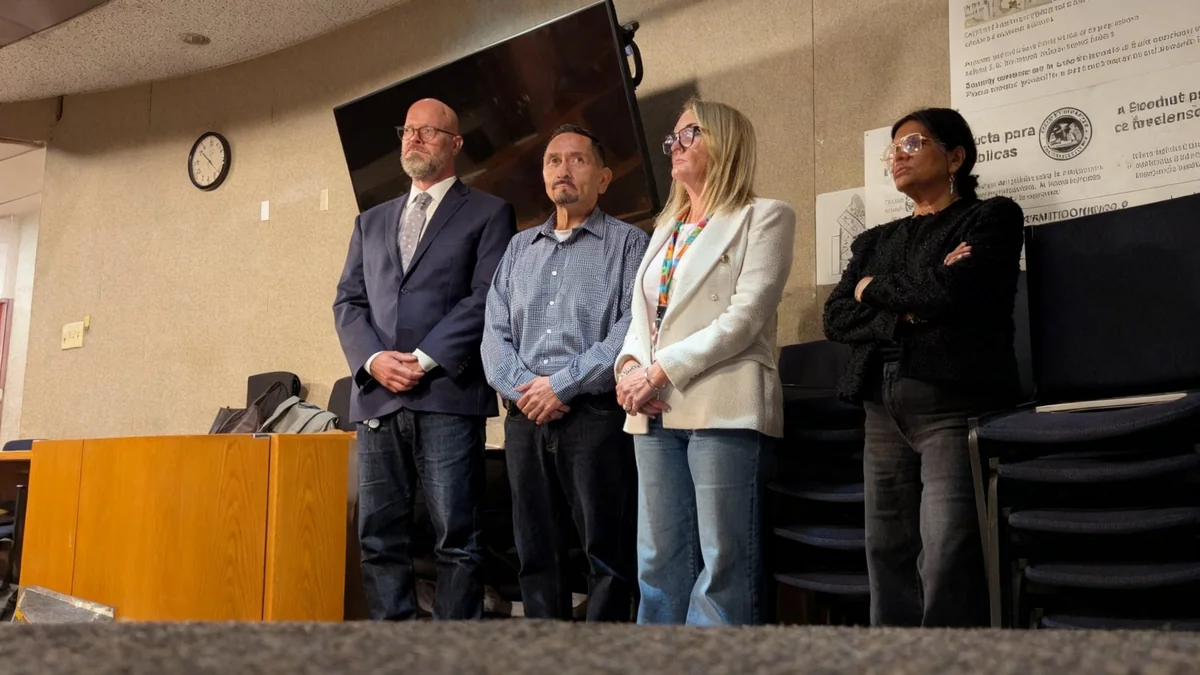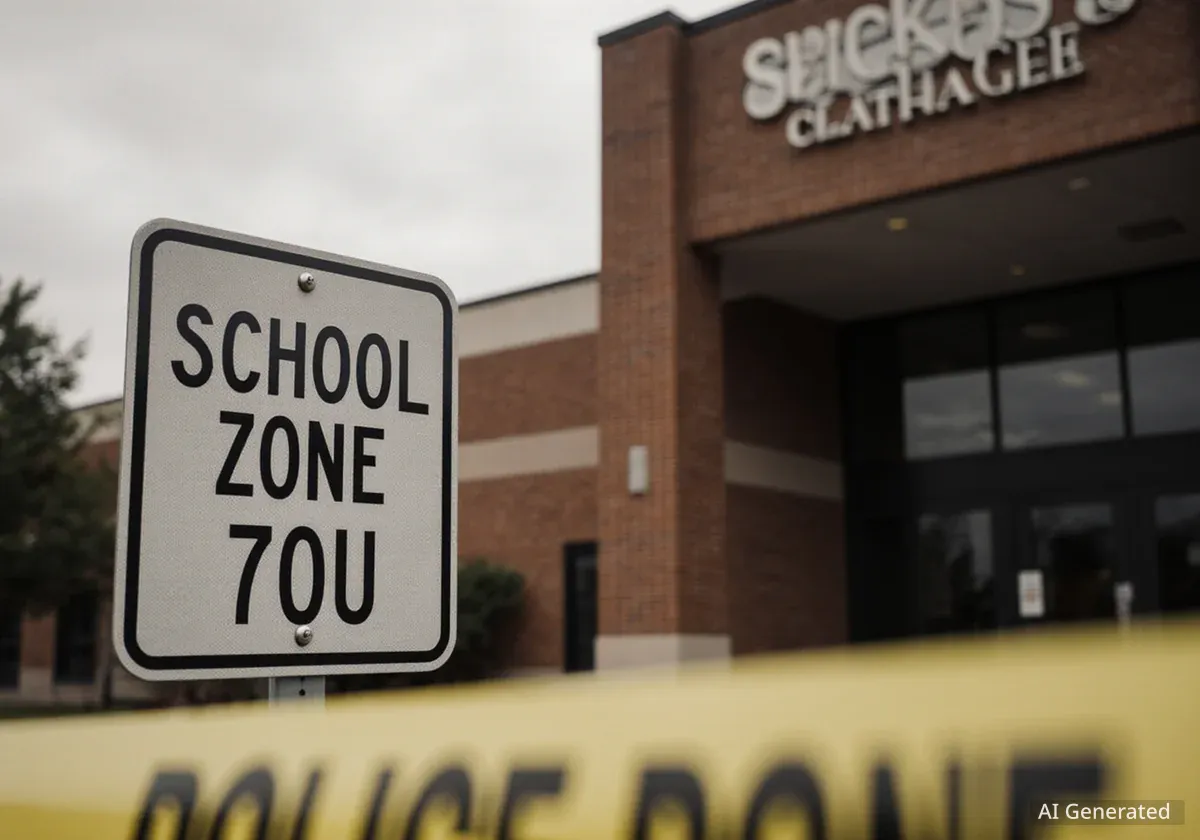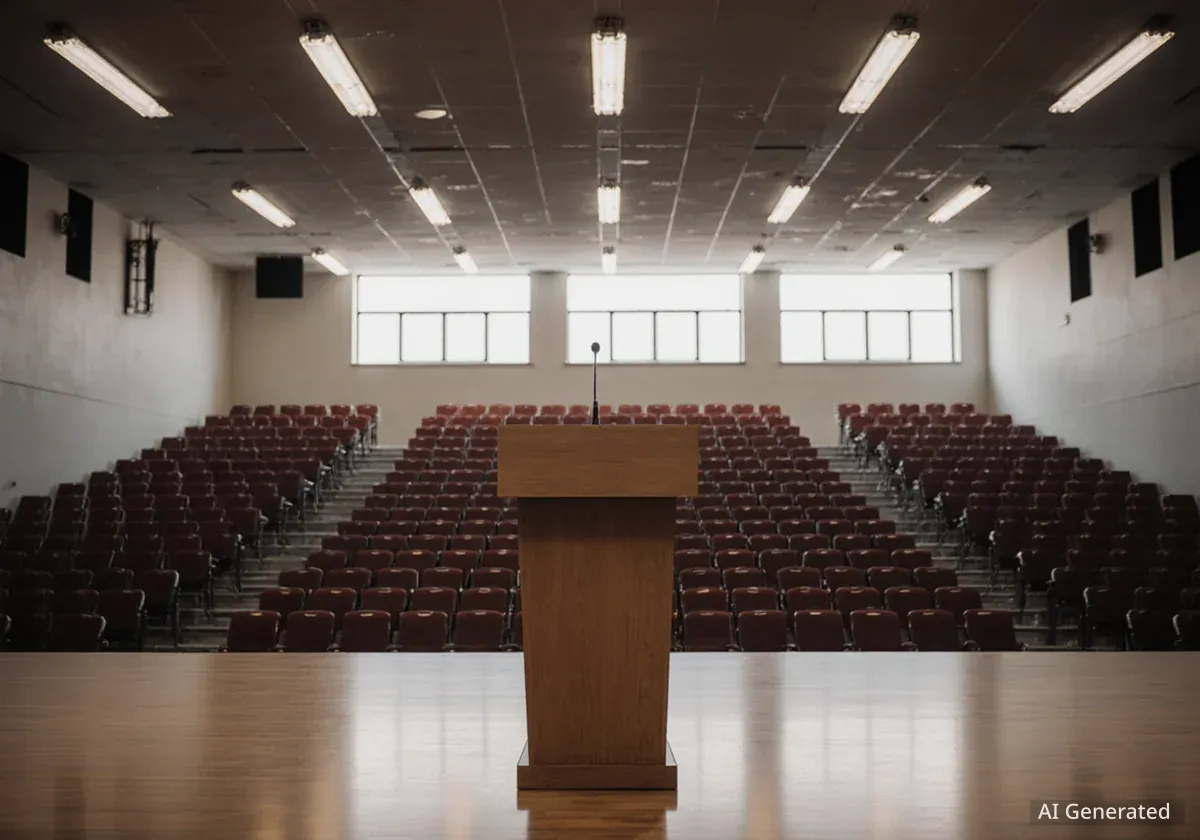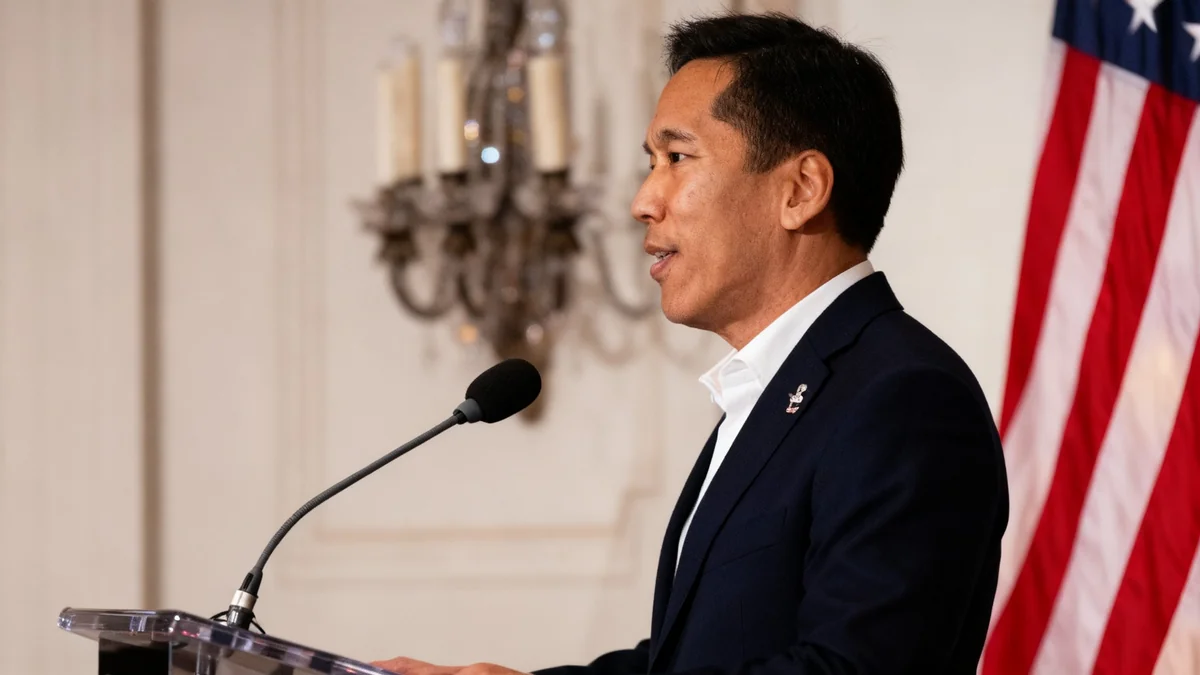A heated debate over free speech and professional conduct has emerged in New Jersey, as several public school teachers and college professors face disciplinary action, including termination, for comments made on their personal social media accounts regarding conservative activist Charlie Kirk.
The situation has drawn involvement from civil liberties organizations and parent advocacy groups, highlighting the complex intersection of personal expression and public employment responsibilities in the digital age.
Key Takeaways
- Several New Jersey educators are being reprimanded or fired for social media posts about conservative figure Charlie Kirk.
- Rider University terminated adjunct professor Kate Ecke, citing a failure to meet expectations for respectful engagement.
- A group named The New Jersey Project is actively sharing these posts, expressing concern over teachers' personal beliefs influencing classrooms.
- The American Civil Liberties Union (ACLU) of New Jersey has condemned the actions, calling them a violation of the First Amendment.
University Professor Fired Over Online Comments
The most prominent case involves Kate Ecke, a former adjunct professor at Rider University. Ecke was terminated from her position after her social media posts, which she described as a reaction to a perceived lack of empathy for victims of school shootings, were brought to the university's attention.
In response to the firing, the president of Rider University stated that the professor's comments did not align with the institution's expectations for respectful and civil engagement. The university's decision has since become a central point in the ongoing discussion about the boundaries of academic freedom and personal speech for educators.
Who is Charlie Kirk?
Charlie Kirk is an American conservative activist and radio talk show host. He is best known as the founder and president of Turning Point USA, a nonprofit organization that advocates for conservative principles on high school, college, and university campuses across the country. His public statements often generate significant debate and media attention.
Advocacy Group Highlights Teacher Posts
A group known as The New Jersey Project has been instrumental in bringing attention to the social media activity of various educators. The organization states that its members are concerned about what they consider to be offensive or disagreeable beliefs held by teachers who interact with students.
Nikki Stouffer, a representative for the group, explained their motivation for publicizing the posts. She believes that certain comments are inappropriate for educators and that parents have a right to be aware of the personal views their children's teachers express online.
“It’s not appropriate for teachers to say he’s a jerk a homophobe a racist. That’s not right and polite society, and our kids shouldn’t be hearing that from teachers,” said Nikki Stouffer.
The New Jersey Project's stated goal is to ensure that such viewpoints are not introduced into the classroom environment. Their actions have been described by critics as a coordinated effort to pressure school districts and universities into taking action against employees.
ACLU Defends First Amendment Rights
The American Civil Liberties Union (ACLU) of New Jersey has stepped in to defend the educators, arguing that the disciplinary actions constitute a violation of their constitutional rights. The organization characterizes the situation as a "targeted campaign" designed to harass and retaliate against teachers for exercising their right to free speech.
Liza Weisberg, a supervising attorney for ACLU New Jersey, issued a strong statement on the matter, emphasizing the legal protections afforded to individuals speaking in their personal capacity.
“A recent campaign to target, harass, and retaliate against teachers for speaking on social media in their personal capacities violates the First Amendment’s core promise,” Weisberg stated.
The ACLU is urging all school districts in the state to respect the constitutional rights of their staff members. Weisberg added that doing so is essential for modeling democratic principles and avoiding potential legal liability.
Public Employees and Free Speech
The U.S. Supreme Court has established that public employees do not surrender their First Amendment rights when they accept government employment. However, the law balances these rights against the government's interest in maintaining an efficient workplace. Speech made as a private citizen on a matter of public concern is generally protected, but speech made as part of official duties is not.
A Broader Debate on Professional Boundaries
This series of events in New Jersey reflects a larger national conversation about the role of social media in the lives of public-facing professionals, especially teachers. School districts and universities across the country are grappling with how to create policies that address online conduct without infringing on personal freedoms.
The core of the issue revolves around several key questions:
- Where does a teacher's private life end and their professional responsibility begin?
- Can off-duty online comments negatively impact the learning environment or a school's public trust?
- What is the legal standard for disciplining a public employee for speech made on a personal account?
As these cases unfold, the outcomes could set important precedents for how schools in New Jersey and beyond handle similar situations. The balance between protecting the free expression of educators and ensuring a neutral, respectful classroom environment remains a significant challenge for educational institutions.
